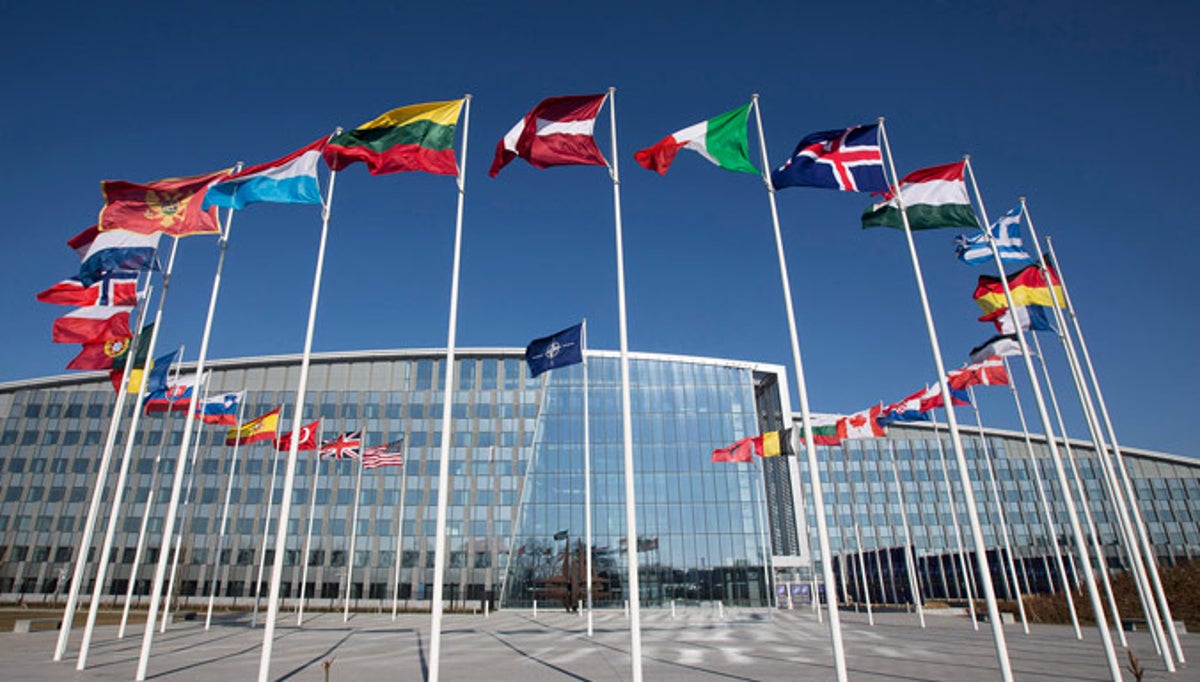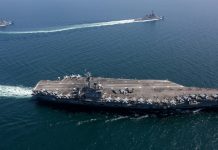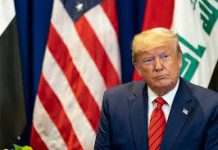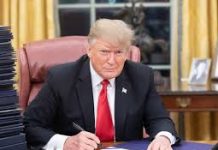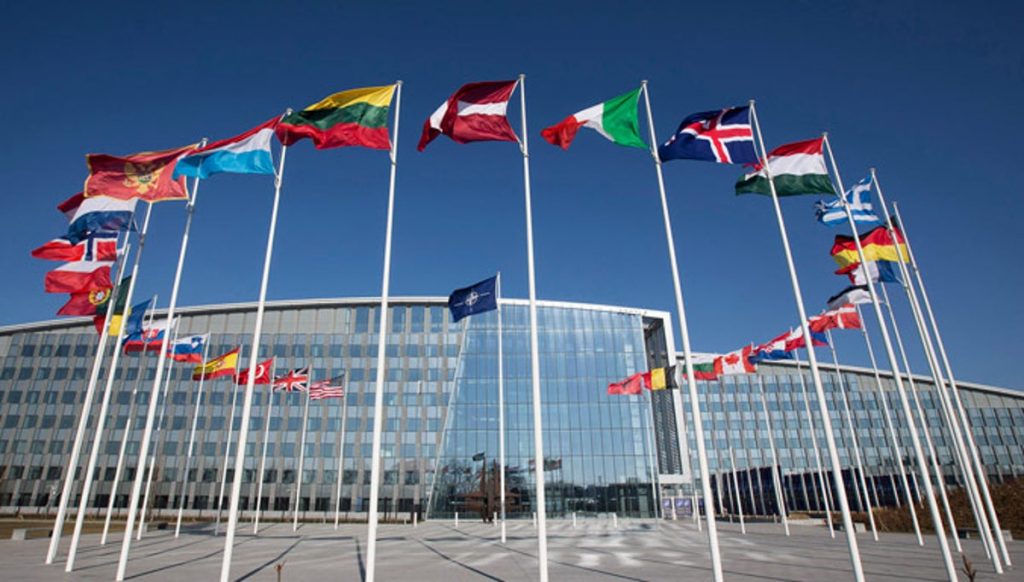
In a recent statement, NATO emphasized Europe’s adherence to alliance spending benchmarks while underscoring the importance of American alliances, particularly in light of former President Donald Trump’s remarks hinting at conditional defense commitments. NATO Secretary-General Jens Stoltenberg further called upon the U.S. Congress, urging passage of a significant military assistance package for Ukraine, cautioning that a Russian victory in its ongoing conflict could embolden China.
Stoltenberg highlighted that European NATO members are collectively allocating $380 billion towards defense expenditures this year, projecting a rise in their defense spending to an estimated 2% of GDP in 2024 compared to 1.85% in 2023. While acknowledging the variance in individual member states’ contributions, he anticipated 18 allies to meet the 2% target, indicating an improvement from previous years.
Regarding Trump’s controversial remarks, Stoltenberg clarified that criticism regarding defense spending is directed towards NATO allies falling short rather than the alliance itself. He stressed the historical significance of American involvement within NATO and emphasized that the recent surge in European defense budgets signifies a positive response to this critique, signaling a collective commitment to bolstering NATO’s capabilities.
As geopolitical tensions mount amid the prospect of a potential second Trump administration and Washington’s struggles to secure a $95 billion military aid package for Ukraine and other allies, NATO diplomats are strategically focused on ensuring continued engagement from the alliance’s preeminent military power in safeguarding Europe.
NATO Secretary-General Jens Stoltenberg emphasized the imperative of garnering support for Ukraine, framing it not merely as an act of charity but as a crucial investment in collective security. He underscored the indispensable role of non-EU NATO allies, accounting for a significant 80% of the alliance’s defense expenditures.
Marking a significant milestone, Berlin is set to achieve the 2% defense spending target for the first time since the Cold War’s conclusion, earmarking approximately 71.8 billion euros ($76.8 billion) for defense expenditures this year, albeit with classified total spending figures. France, the sole nuclear power within the bloc, is poised to emulate this achievement, with its ambitious Military Programming Law outlining substantial increases in defense spending over the next seven years.
Diplomatic sources, speaking anonymously, revealed NATO’s evolving strategy, which entails further bolstering European defense capabilities, addressing pertinent issues such as the rise of China and the Indo-Pacific, and navigating the complexities of dealing with the Trump administration. Describing the approach as a blend of flattery and firmness, diplomats are cognizant of the need to delicately manage relations with the United States under a potential return of the former president.
Amid escalating security concerns, Keith Kellogg, a prominent national security adviser to Trump, indicated a potential reevaluation of NATO commitments under a renewed administration, hinting at the possibility of certain member nations losing protection against external threats. The backdrop of increasing defense spending among NATO members, particularly in response to Russian aggression in Ukraine since 2014, underscores the alliance’s ongoing adaptation to evolving geopolitical realities.


